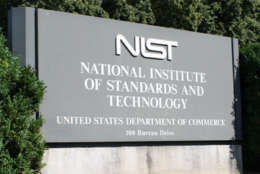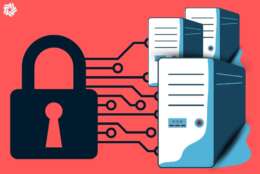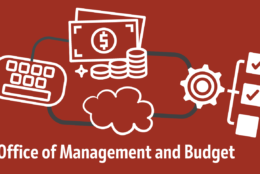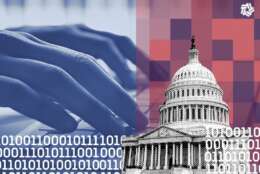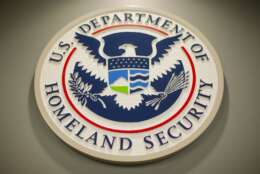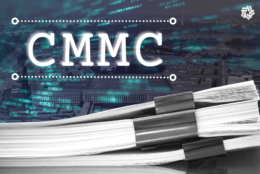Cybersecurity
-
The U.S. federal government possesses some of the strongest cybersecurity in the world with a GCI score of 100. This intense cybersecurity is no surprise, as the federal government is tasked with protecting the nation’s most precious assets, like classified data and critical financial information and defending against the most malicious, well-funded and motivated attackers. This large scope of the critical assets to defend has made the federal government one of the biggest spenders on cybersecurity in the world, and as cyber threats continue to evolve, investment in cybersecurity will continue to grow.
June 13, 2023 -
Because cyber threats ceaselessly change, so do the protective measures agencies need to take. Cybersecurity guidelines from the National Institute of Standards and Technology (NIST) never stay static either.
June 12, 2023 -
Dan VanBelleghem, a senior director, cybersecurity programs, at General Dynamics Information Technology (GDIT), explains how agencies can stay ahead of cyber attackers.
June 12, 2023 -
A memo released today extends the deadline for when agencies have to start collecting secure software attestation forms from vendors.
June 09, 2023 -
The Securities and Exchange Commission is contemplating comments to a proposed rule on cybersecurity of financial services companies.
June 09, 2023 -
Jonathan Kraden, the section chief for customer experience in the cybersecurity division of the Cybersecurity and Infrastructure Security Agency at DHS, said by understanding their customers, they can ensure their services are used successfully.
June 08, 2023 -
The National Cybersecurity Strategy outlines excellent high-level concepts that aim to modernize the federal government's cybersecurity approach, recognizing the need for collaboration from both the public and private sectors. However, there are still uncertainties about how quickly and effectively these ideas can be implemented.
June 08, 2023 -
Zero trust is far more than a cyber initiative, says SAIC’s Shawn Kingsberry, who encourages agencies to tackle it as an IT modernization effort. He shares three ways agencies can accelerate that journey.
June 06, 2023 -
In this exclusive webinar edition of Ask the CIO, host Jason Miller and his guest, Kurt DelBene, assistant secretary for information and technology and chief information officer with the Department of Veterans Affairs will dive into zero trust and the future of training and automation at the VA. In addition, Tom Roeh, director of systems engineering at ExtraHop will provide an industry perspective.
June 05, 2023 -
Like many agencies, DHS is trying to recruit new tech talent. But the agency also wants to advance professional development opportunities for its existing IT specialists.
June 02, 2023 -
NTIA is seeking a big budget boost this year, and some lawmakers want to bolster the agency's authorities over issues ranging from federal spectrum management to artificial intelligence accountability.
May 29, 2023 -
The NIST project is evolving as agencies look to more quickly adopt software while complying with security and privacy frameworks.
May 24, 2023 -
Cyber espionage of sensitive data has occurred over the past 20 years with increasing frequency. Threat actors, particularly those that are state-sponsored, launch persistent cyberattacks that target sensitive national security data.
May 23, 2023 -
Artificial intelligence has evolved from a basic tool to one of the most powerful resources available since the first chatbot ELIZA was deployed over five decades ago.
May 23, 2023 -
In today's Federal Newscast: Disabled veterans will soon see a cost-of-living adjustment in their benefits. In January, a data error exposed the personnel info of employees from several agencies. And lawmakers want updates on the growing problem of stolen mail.
May 23, 2023


